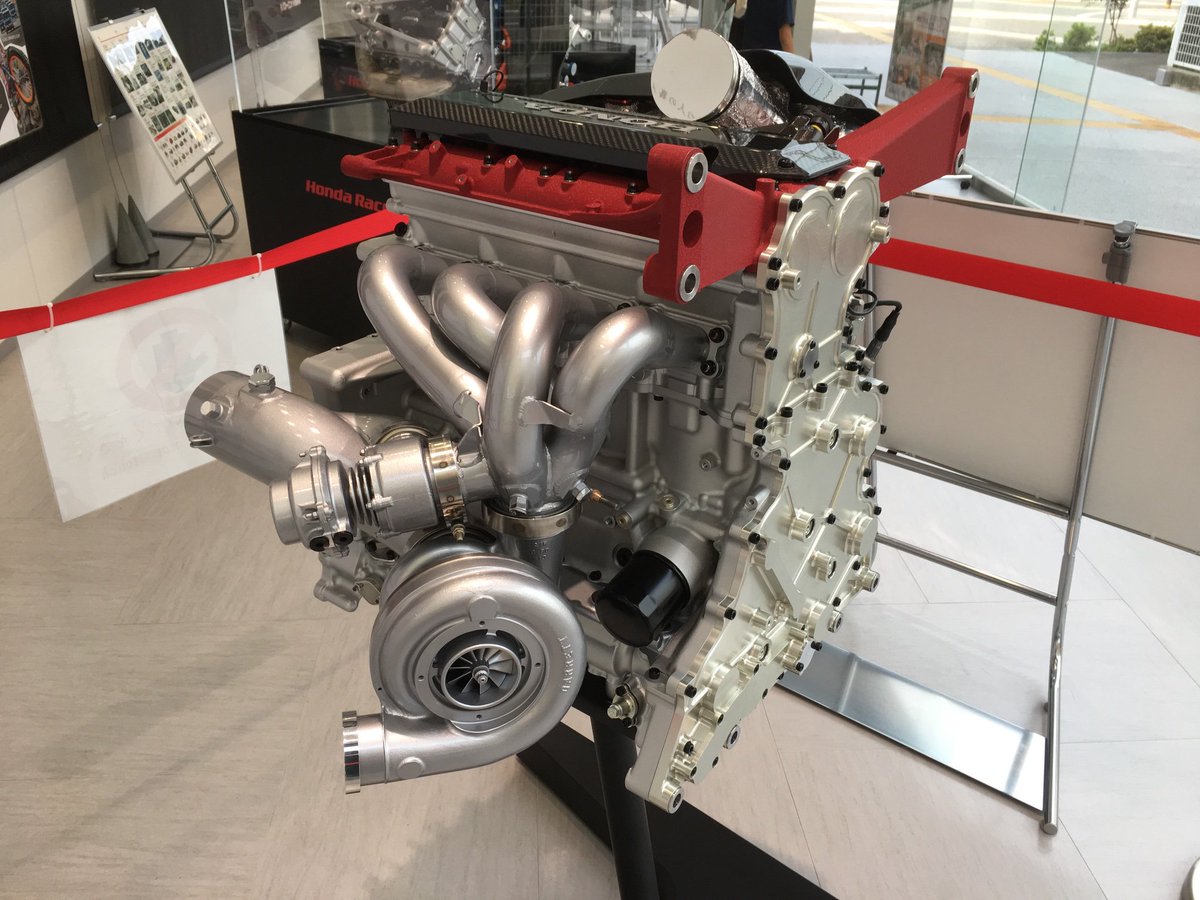- Login or Register
No account yet? Sign up
Not really, if F1 can develop a biofuel that's as close to carbon neutral as possible then that would be a good thing indeed. Manufacturers like Mercedes won't stick around in F1 if it doesn't suit their business interests. The automotive industry is moving towards EV's and probably hydrogen fuel cells. F1 can either be part of the innovation of that change, or stay stuck in the past. Biofuels are probably a stop gap measure to bridge the gap between the EV etc and the ICE transition, whilst new infrastructure, new battery technologies etc and power generation methods are developed and built. I expect F1 will probably end up with a hydrogen fuel cell based PU in the future or something we've not yet conceived of. While I do like the sound of a good engine, it's at the end of the day wasted energy that could be put to better uses. F1 is about being at the pinnacle of technology, not being stuck in the past.mclaren111 wrote: ↑24 Jul 2021, 16:03https://www.grandprix247.com/2021/07/23 ... our-sport/
The crux of what Tombazis said was that technical innovation in F1 was no longer relevant and that F1 and the FIA want the innovative focus to be biofuel and finance from 2022 onwards.

Is it really valid for F1’s greatest mandate to now be sustainability, be it environmental or financial, at the expense of the very reasons the sport was founded on in the first place?


Now that F1 has the hands of a publicly floated global media company with shareholder returns to answer for around its neck, I fear the sport is choking and forgetting what it is and where it came from.
Technical Innovation in F1:
From 13 May 1950 – 31 December 2021.
Rest In Peace. You will be dearly missed.
Sad State of Affairs Indeed...

Why do you think hydrogen? I don't think its suitable for F1. Nor is it viable against EVs on the road.taperoo2k wrote: ↑28 Jul 2021, 21:42The automotive industry is moving towards EV's and probably hydrogen fuel cells. F1 can either be part of the innovation of that change, or stay stuck in the past. Biofuels are probably a stop gap measure to bridge the gap between the EV etc and the ICE transition, whilst new infrastructure, new battery technologies etc and power generation methods are developed and built. I expect F1 will probably end up with a hydrogen fuel cell based PU in the future or something we've not yet conceived of. While I do like the sound of a good engine, it's at the end of the day wasted energy that could be put to better uses. F1 is about being at the pinnacle of technology, not being stuck in the past.
Mercedes already have the 2.0L inline-four. The switch to 2.0L inline-four wouldn't cost much at all.




I don't think an I4 is such a problem as it was used in F2 Palmer about ten years ago. In any case, I don't think we will see an V4 as only Porsche would be interested, the other manufacturers won't accept such a trivial pursuit and it would be much more expensive than an I4.A inline four would require a support frame.. It will not by nature be stiff enough
that's what they said last time - and they were wrong
Patents? They should be expired by this point, no?
RadMax disagrees...mzso wrote: ↑31 Jul 2021, 16:41Patents? They should be expired by this point, no?
I think the Wankel is done, even for road applications. Too inefficient, oil thirsty and all-in-all troublesome.
And I don't think anyone wants to pick-up and develop from scratch the definitely patented improvement on the Wankel concept, the Liquidpiston engine. (Other rotary engines only exist on paper and in CAD files.)
They (the FIA) thought they would get engines about the same power as the old V8s + KERS. ie 830-850hp.
Big Tea wrote: ↑31 Jul 2021, 14:46What would be the pro's and cons of a 4 of a different type, such as flat 4 or I4, or even 3, but transverse or/and 'laying down'?
A transverse and laying down or leaning steeply would mean a shorter and lower car with the weight almost mid point?
Same with an opposed 4. Very flat as long as all the ancillaries are above it, or even alongside the heads?
Depends on what type of vehicle.